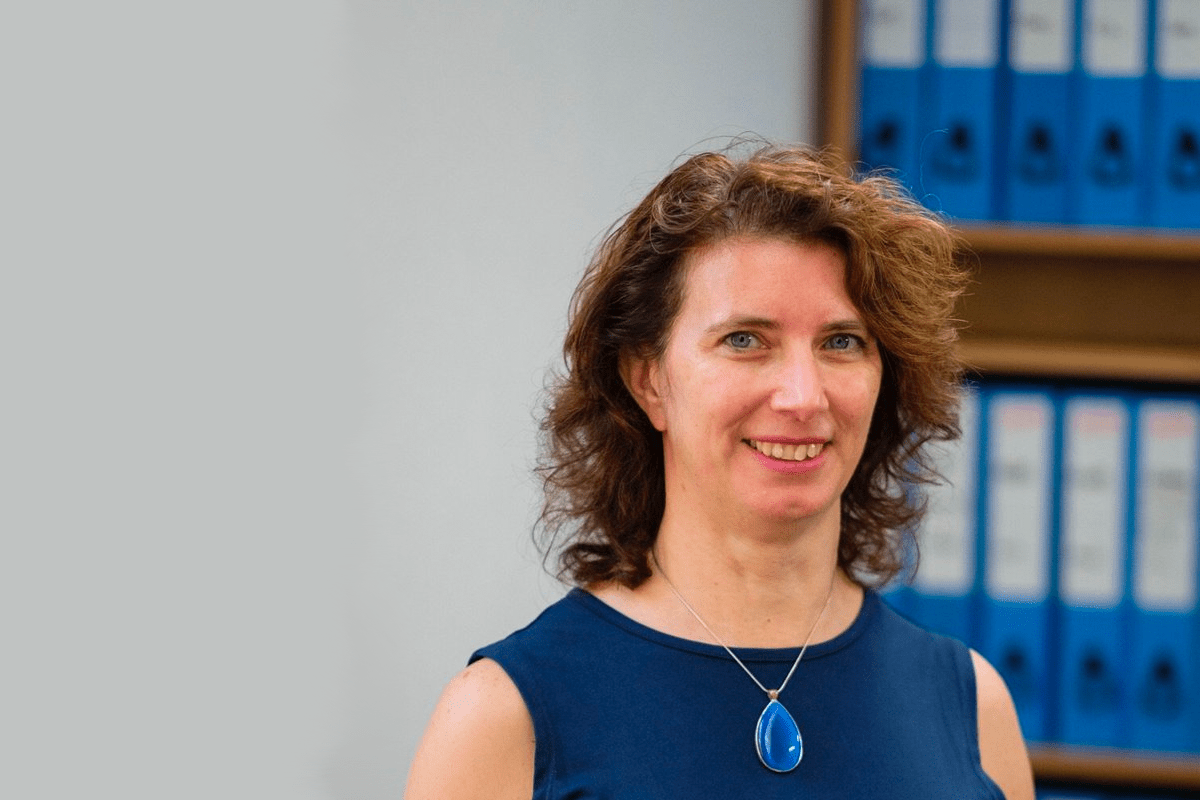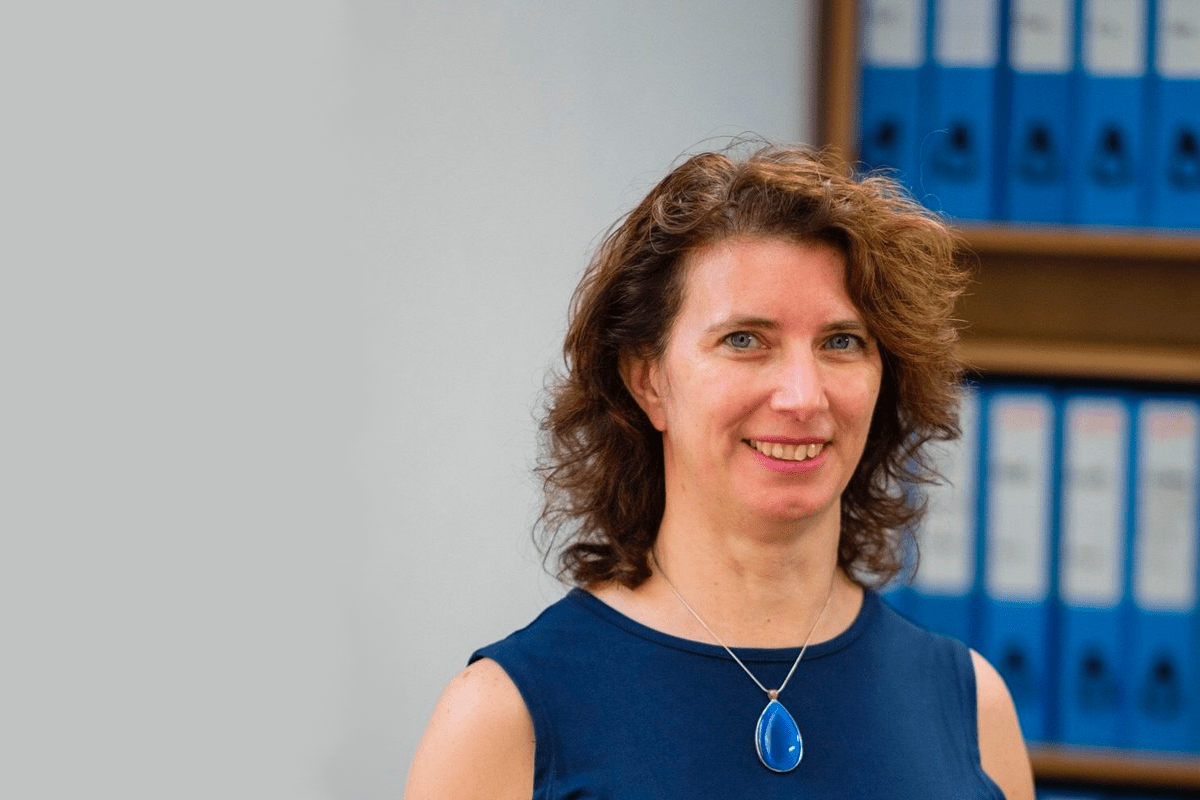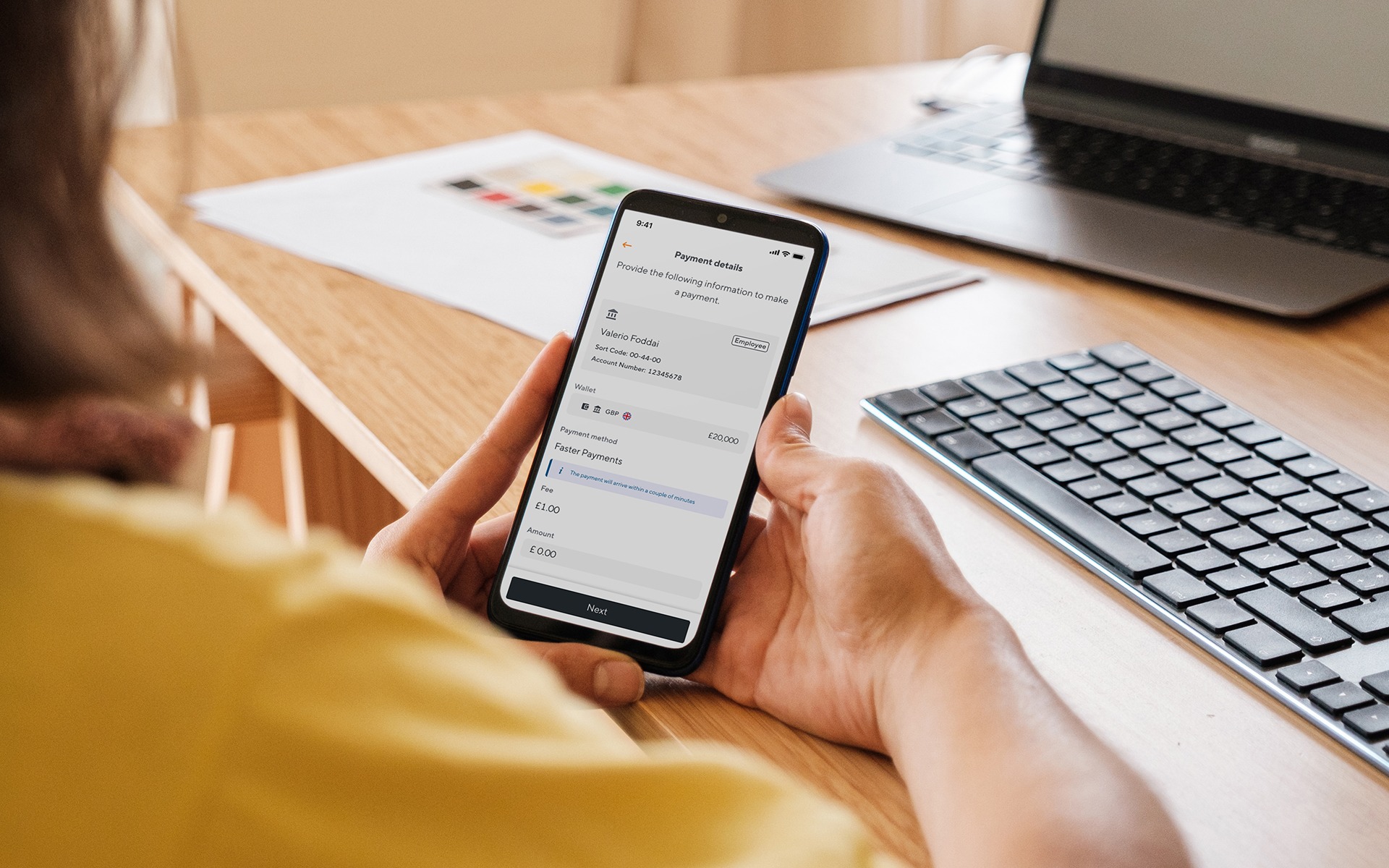Automation in accountancy: a lean practice with a human touch
This interview is part of prepaid cards for business provider Soldo’s Digital Disruptors series, which highlights the individuals changing the world with technology.
An interview with Della Hudson.
Della Hudson, FCA is a consultant and FD for growing businesses. She specialises in offering guidance to accountants on some of the trickier issues of how to grow, increase profits or improve work/life balance. She has done all this for her own company, Hudson Accountants, and shares her growth stories in her book, “The Numbers Business: How to grow a successful cloud accountancy practice”. She is also a respected speaker to small business and accountancy audiences.
You’ve run a successful accountancy business by putting technology to work. In fact, you wrote the book on it! So how should accountants approach automation?
The idea is to give the best customer service at the lowest price to us as providers. So you could choose to trim back and provide pathetic customer service – but that’s not going to win you many clients!
A great business is where everyone wins, and because in accountancy our service is about intelligence and trust, a ‘bargain basement’ approach isn’t going to be popular.
So we need to use technology to minimise the costs in our time while always being exceptional at the customer-facing part.
I started my business from scratch in 2009, with nothing more than Excel and the HMRC website. I was just going to do the accounts from the kitchen table to fit around the kids. But once it grew and I had staff, I needed to start thinking about systemising. And that’s how I got interested in focusing on efficiency.
Where’s the ideal balance?
Oh, there isn’t one! The balance between service and cost is going to be – as it has always been – a key differentiator in the industry; technology is just making it easier to deliver.
Some practices will want to offer pure compliance, done very efficiently and relatively cheaply. Then there are others like us who want to deliver the compliance pretty cheaply so that we can add value by helping clients grow their business. There’s something out there for everyone.
How have you struck that balance in your own practice?
The most interesting piece of this is that it’s never just about technology. There are lots of ways to cut the fat out of delivering a service. It can be as simple as having checklists to make sure you do the right thing every time: checklists save reinventing the wheel, they save repeated thinking time.
When I built my business, we used to map our processes on a roll of wallpaper and post-it notes; because when you can see what you’re doing visually, you can then start to understand what you could do better and where the hold-ups are…
Hang on, how can you speed up accountancy?!
Well, for example, we realised that clients don’t always send in their documents on time. Of course they don’t – they’re busy people! So we created a process for requesting information from clients, which meant more on-time documents and therefore more predictability to what we do.
You realise that incremental changes like that can make a real difference.
The reason I say this is because, whilst technology is essential to designing the most competitive operation possible; it usually means a more wholesale change – and that’s more demanding to implement.
For example, because of the technology suite we use today – where different pieces of tech are best at different parts of the service; we’ve moved from “doing everything for one client and then moving to the next”, to organising it by activity: data input, bank reconciliations, returns etc.
It sounds small, but it’s actually a step change in the way a practice works.
How do you go about that?
There’s certainly a bit of “hearts and minds” needed, but accountants aren’t as irredeemably stuck in the past as the stereotype suggests! Like any technology change, it’s about helping the team see the benefits – both to the business and their working lives.
My staff are hugely positive, but nobody likes change – we all get used to doing things a certain way. The thing to remember is: nobody is against change per se; they just need to see the value.
Also, any team should always be stronger than the sum of its parts; I’ve always tried to recruit people who I think are better than I am. It’s tempting to bring people into a firm who are exactly like you, but it’s really not great practice. So if you need to take on someone who is perhaps more tech-savvy, or just more experienced with the technologies that are becoming prevalent, then make that part of your growth plan; because these tools are becoming an essential part of running an accountancy practice efficiently.
Despite being a technophile, I myself wasn’t the best example of deploying technology when I first got started. I started my business from scratch in 2009, with nothing more than Excel and the HMRC website. I was just going to do the accounts from the kitchen table to fit around the kids. But once it grew and I had staff, I needed to start thinking about systemising. My hours were limited to around 25 hours per week because of the children, so I had to look really carefully at profit per hour, not profit overall. And that’s how I got interested in focusing on efficiency.
People are often terrified of their accounts; and one of our jobs is to give people comfort and advice: to hold their hands through an unfamiliar or sticky situation. In future, we might do that online. We might optimise all sorts of processes. But the value of that human touch and the judgement that comes with it seems more important than ever.
…But you never look like you’re skimping…
Efficiency doesn’t mean slapdash. It means we have time for the things that really matter to our businesses and which our clients will most love us for. My real passion is seeing businesses grow. I always say, I know that there are much better accountants out there, technically. In fact, I employ some of them! But I’ve lost count the number of times people have told me, ‘you’re not like other accountants’.
Why? Because many come to us for compliance and we realize that we can give them a bit of extra help which will make a huge difference to their businesses; which we broadly badge as ‘advisory’. And because when we do offer that business advice, we’re approachable, engaged, committed and all the other good things a client expects.
Now, that’s down to two things: firstly we’re actually good at it and have a brand image that tells clients what we think we’re best at; but second we’ve put effort into the systems, processes and technologies that allow us to buy back time to be able to spend time with clients properly.
And what’s round the corner? Where is automation going to take us next?
I’m very measured about these things. For example, I don’t think AI is going to take over the world quite as quickly as some people believe. A lot of tolerance for technological change is generational. My generation, for example, will always prefer a service delivered by people – a friendly front end with all the technical efficiency happening behind the scenes.
But I’m also used to my children asking questions to Siri – they don’t type any more, they have digital assistance for everything! I don’t use it half as much – plus for some reason I still say ‘please’ and ‘thank you’ to Siri…
But it’s interesting: Siri – and other widgets like bots – are cutting processes down to their bare bones, something which is right at the heart of what we do. However that’s not replacing the brainpower bit of our service. You can’t ask Siri to “do your accounts”. So these technical advances I think reinforce that there’s the commodity part of a business and the professional part; and the professional part will remain something that people are happy to pay for in the medium term. The expert remains a trusted and important position.
And then there’s the importance of people and the judgement and comfort that they bring. It’s just an instinctive thing – even for my tech-savvy kids. When they’re online playing games, they’re still interacting with their friends, just with different tools. The way we used to do it over the phone, they’re online. Now, people are often terrified of their accounts; and one of our jobs is to give people comfort and advice: to hold their hands through an unfamiliar or sticky situation. In future, we might do that online. We might optimise all sorts of processes. But the value of that human touch and the judgement that comes with it seems more important than ever. By wrapping technology around that experience, we can buy back ever more time to provide a personal, expert and reassuring service.








